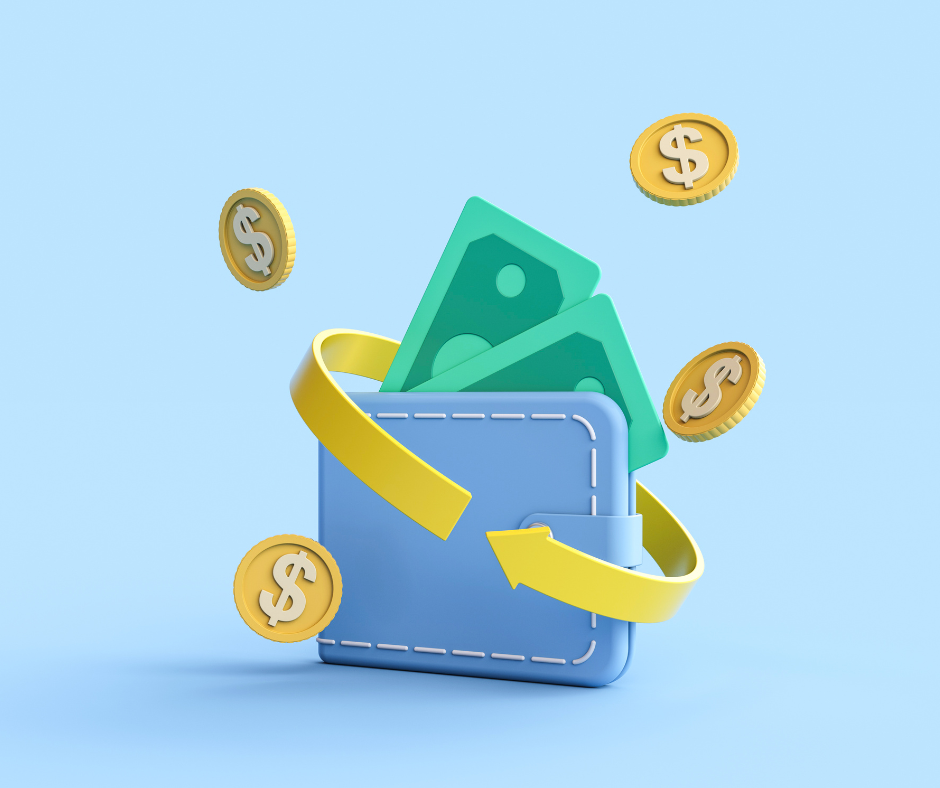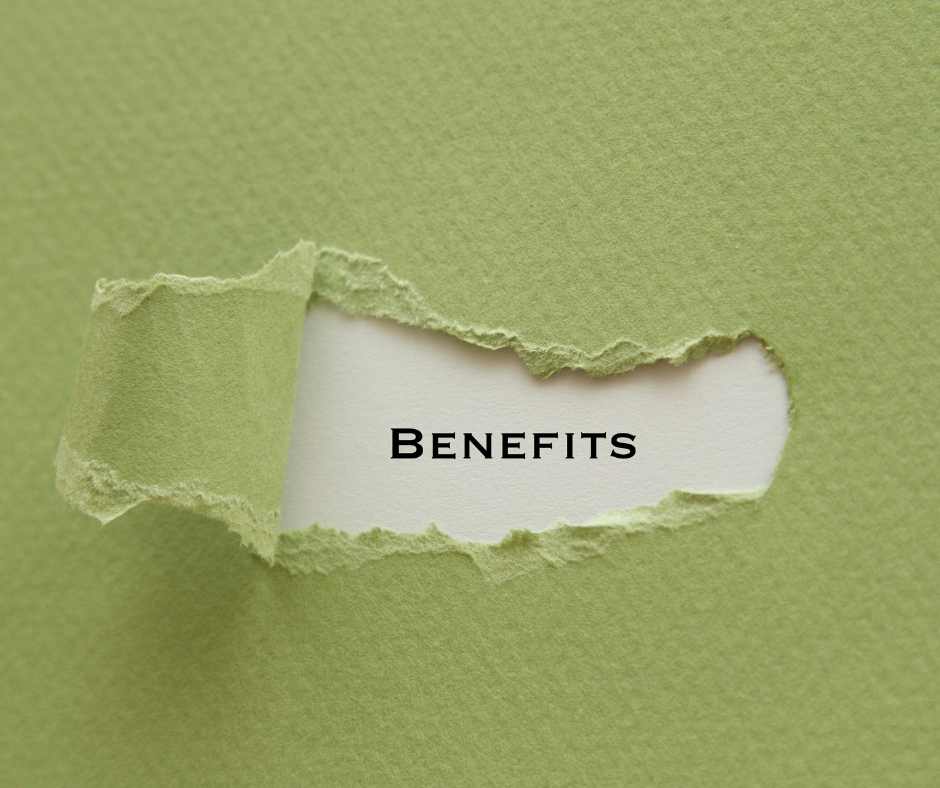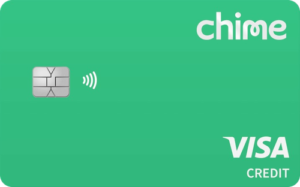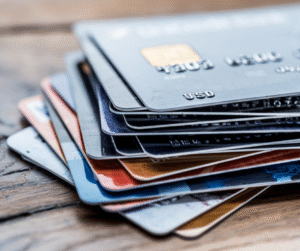Cashback vs points: how to pick the best rewards system for you
Cashback vs points: learn how each rewards system works and find out which credit card fits your spending habits and lifestyle.
When choosing a new credit card, cashback vs points is one of the most common questions people face.

Both rewards systems offer unique perks, but figuring out which one fits your lifestyle can feel confusing. If you’re searching for the best way to get something back from your spending, without overcomplicating things, you’re definitely not alone.
This guide breaks down the differences between cashback and points, helping you understand how each works. No fluff. No confusing jargon. Just the facts, so you can make a decision that aligns with your financial habits.
Cashback vs points: what’s the real difference?
At the core, both cashback and points are ways credit card issuers reward your spending. However, they work very differently.
Cashback: simple and straightforward
Cashback cards give you a percentage of your spending back, usually as statement credits, direct deposits, or checks. For example, a card offering 2% cashback means that for every $100 you spend, you get $2 back.
The main appeal? Simplicity. You know exactly what you’re earning, and there’s no guessing game about how much your rewards are worth.
Points: more flexible, but more complex
Points-based cards offer rewards in the form of points or miles. These points can often be redeemed for travel, gift cards, merchandise, or sometimes even cashback. But here’s the catch: the value of points isn’t always fixed.
For instance, one point might equal one cent when redeemed for gift cards but could be worth more or less when used for flights or hotel bookings, depending on the issuer’s rewards portal or partners.
Pros and cons: which one fits you?
When cashback makes sense:
- You prefer simplicity over optimization.
- You mostly spend on essentials like groceries, gas, or bills.
- You don’t want to track reward categories or complicated conversions.
- You value straightforward savings applied directly to your statement.
When points might work better:
- You travel frequently and enjoy finding the best redemption deals.
- You don’t mind spending time learning how to maximize your rewards.
- You like the flexibility to redeem for flights, hotels, or experiences.
- You’re okay with the fact that point values can vary.
Cashback vs points: potential downsides
- Cashback cards usually offer lower returns compared to optimized point redemptions for travel.
- Points can lose value if the issuer changes the redemption rates or terms.
- Not all points are transferable, which can limit options.
Key questions to ask yourself
- Do I want simple savings, or am I willing to learn how to maximize rewards?
- How often do I travel or spend in categories that offer higher point bonuses?
- Am I okay with fluctuating point values, or do I prefer knowing exactly what my rewards are worth?
Taking the time to answer these questions can help clarify which system fits your lifestyle better.
Cashback vs points: choose based on you
At the end of the day, the cashback vs points debate isn’t about which is universally better. It’s about which one fits you. If you value simplicity and guaranteed returns, cashback offers peace of mind. On the other hand, if you enjoy travel, flexibility, and are willing to do some homework, points might unlock more value.
The right rewards system is the one that complements your spending habits without adding stress. Review your priorities, consider how you spend, and try to choose the right credit card rewards for your wallet.






